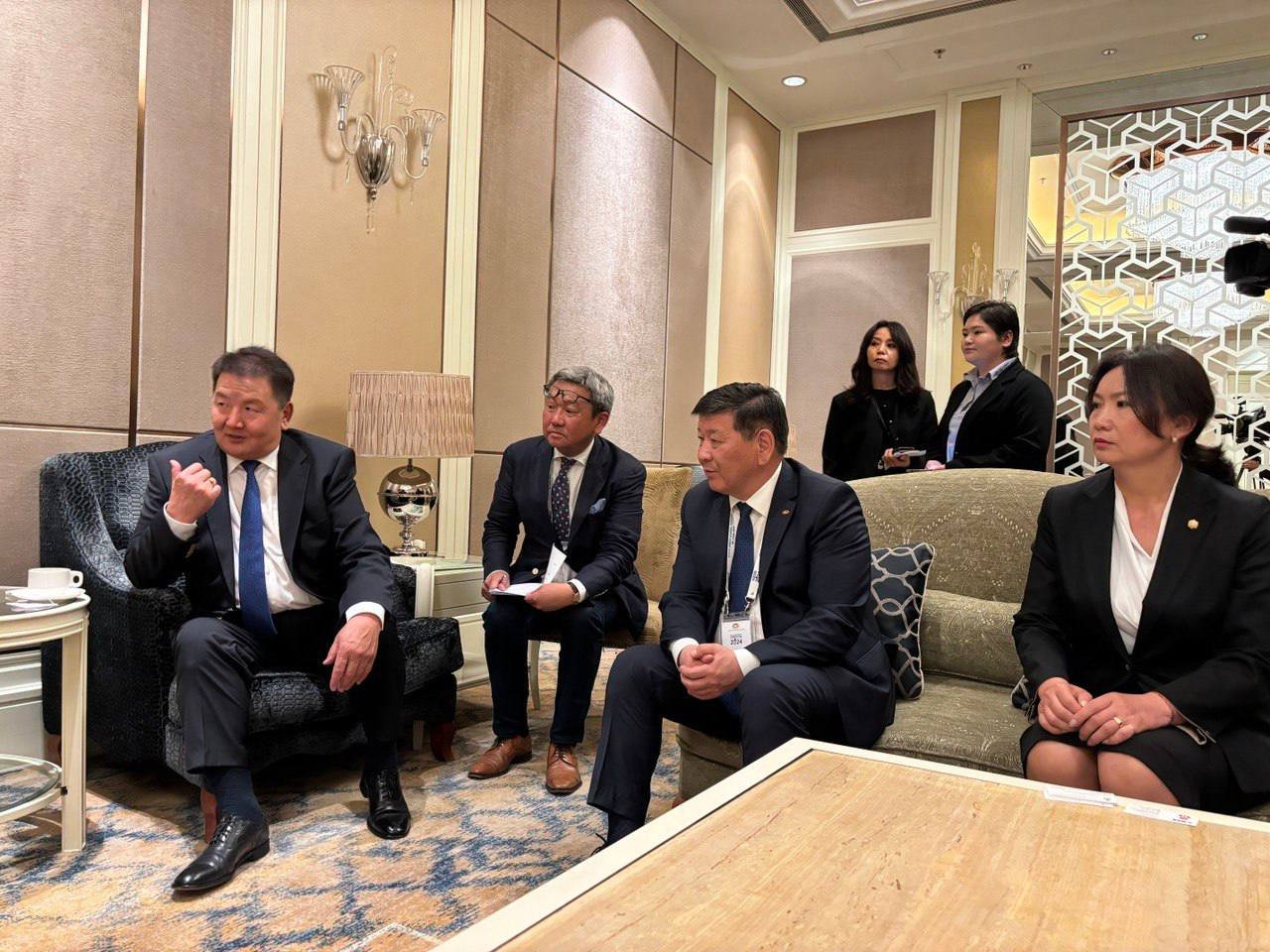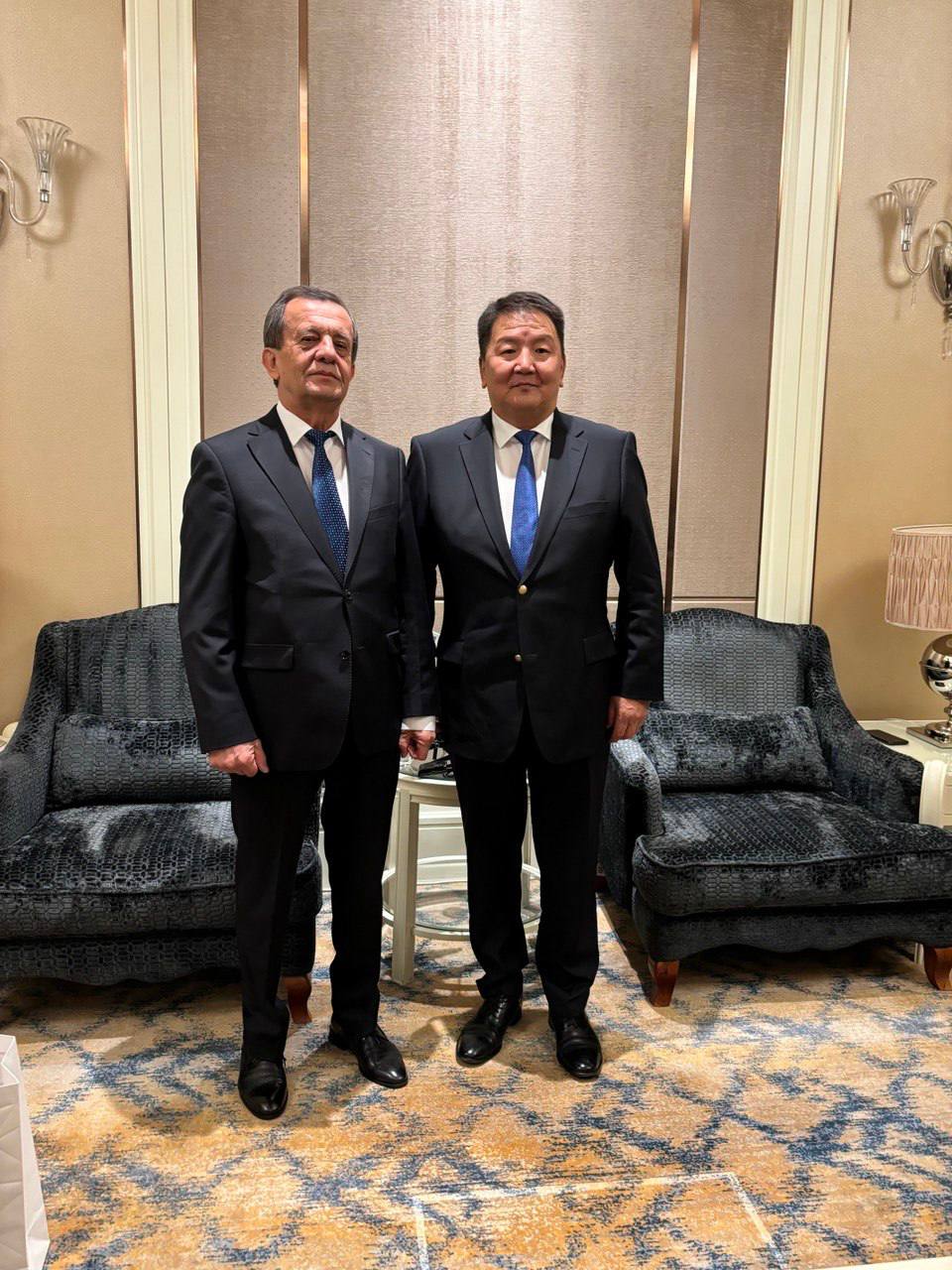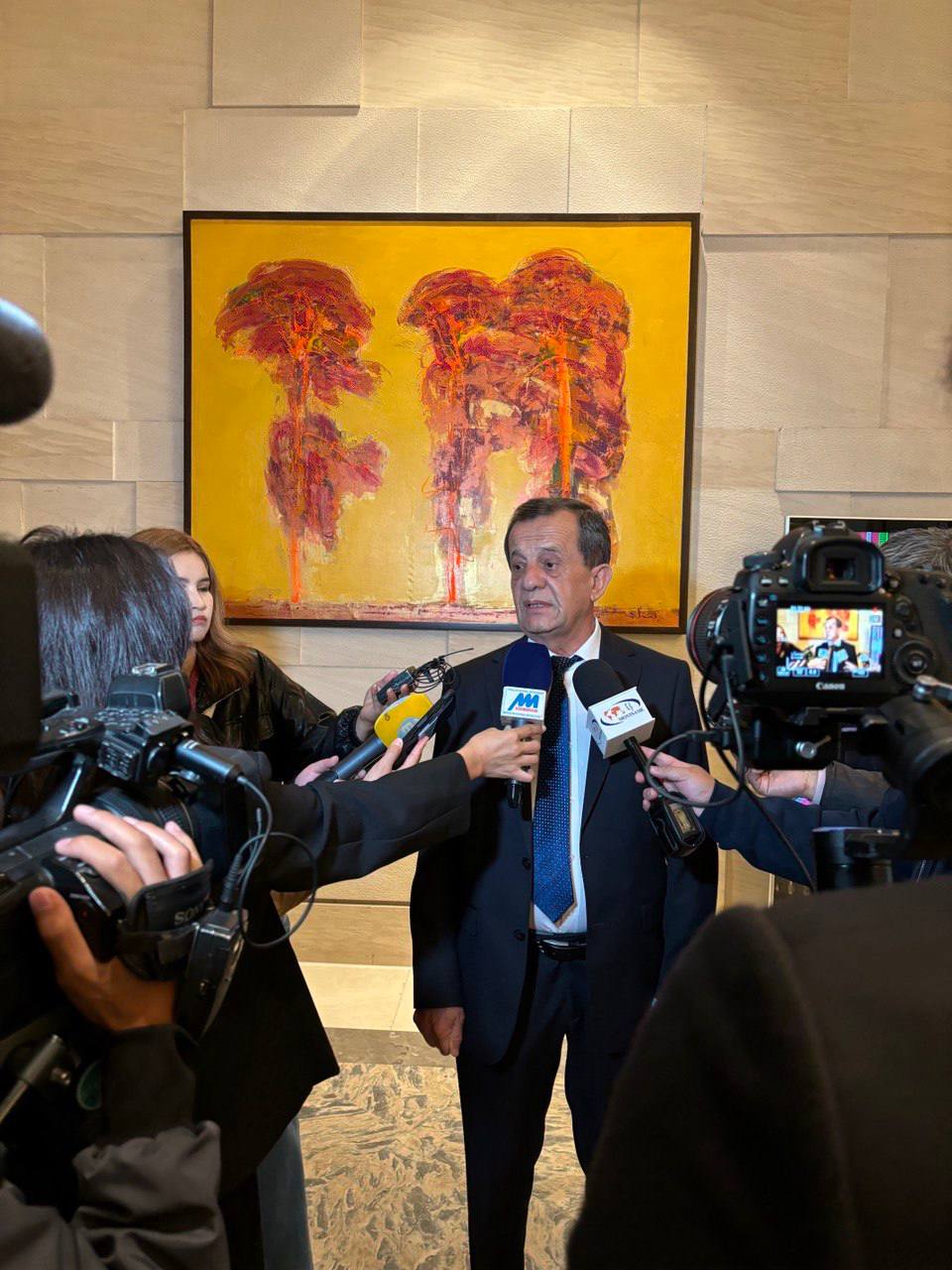- CEC
- Legislation
- Election commissions
- Elections and referendums
- International cooperation
- Press service

At the invitation of the General Election Commission of Mongolia a delegation of the CEC of the Republic of Uzbekistan headed by Chairman Z. Nizamkhodjaev, has arrived in Ulaanbaatar to participate in the International Observation of the elections to the Great State Khural (Parliament) of Mongolia.
As part of the delegation’s visit, today on June 27th the Chairman of the CEC of Uzbekistan Z. Nizamkhodjaev met with the Chairman of the General Election Commission of Mongolia P. Delgernaran.
During the meeting, P. Delgernaran provided information about the Mongolian electoral system and spoke about the preparations for the parliamentary elections on June 28, 2024.
He noted that, due to legislative amendments in 2023, the number of seats in parliament has increased from 76 to 126 and electoral districts have been enlarged.

Moreover, unlike the previous elections, these elections will be held under a mixed system: 78 deputies will be elected under the majoritarian system in 13 multi-member constituencies, while 48 under the proportional system (party lists).
Mongolian citizens have the right to vote from the age of 18 and to stand for election from the age of 25. Elections are valid if at least 50% of the electorate participate. There are 2,238,360 voters on the electoral rolls. Nineteen political parties and two political coalitions with 1,336 candidates and 42 independent candidates are participating in the election campaign.
It was also noted that a total of 13,095 thousand Mongolian voters registered in 34 foreign countries during the early voting period on 20-24 June.
The electoral process in Mongolia is organized by a four-tier election administration, with the General Election Commission (GEC) acting as the permanent body responsible for regulating the election process. For these elections, the GEC established 22 territorial election commissions, 339 district election commissions and 2,198 precinct election commissions.
The polling stations are equipped with electronic devices for the comprehensive scanning, counting and storage of ballot papers. The law provides for manual counting of ballots in all polling stations, which will be conducted after the machine count. The results of the machine count are considered official.
In his turn, the Chairman of the Central Election Commission of Uzbekistan Z. Nizamkhodjaev, expressed gratitude for the invitation to participate in the election monitoring, warm welcome. He also expressed confidence in the successful conduct of the vote.
Z. Nizamkhodjaev spoke about the essence and significance of reforms in Uzbekistan’s national electoral system, aimed at strengthening democracy and the rule of law.

He underscored the significance of sharing electoral experience, emphasizing the role of information and communication technologies in Mongolia's electoral process. He expressed interest in learning from the experience of the State Automated Voting System.
The meeting served to confirm the mutual interest of the electoral bodies of both countries in further expansion of practical cooperation.
Following the meeting, Z. Nizamkhodjaev gave an interview to the Mongolian media.

Member of the Central Election Commission of Uzbekistan G. Rakhimova also took part in the meeting.
Central Election Commission